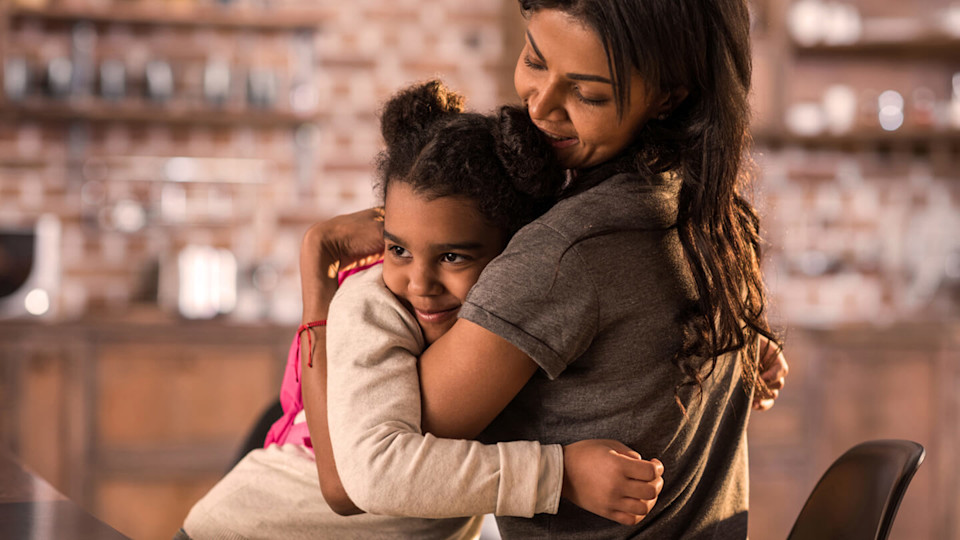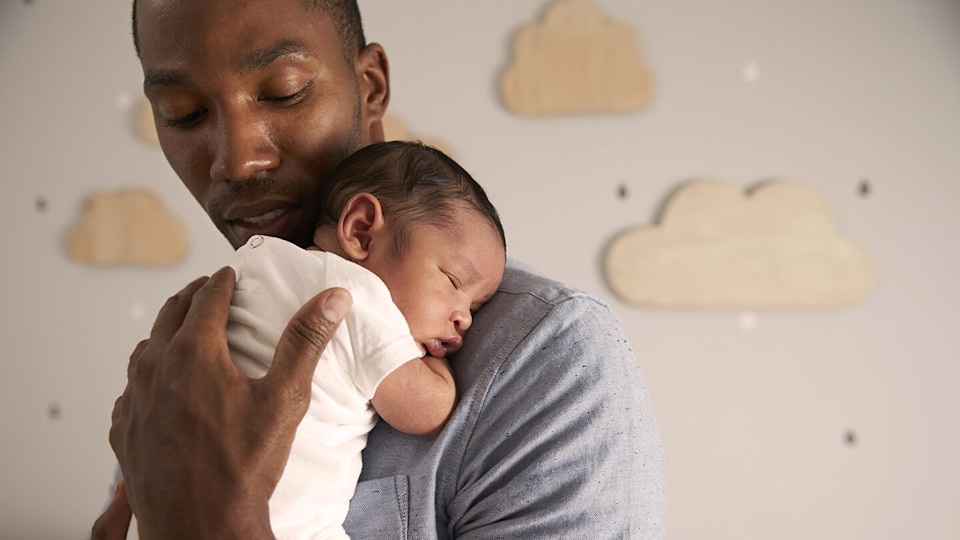We understand life’s journey doesn’t always go as planned. If you need a solicitor on your side, our expert family law team is on hand to ensure any challenges faced become less overwhelming, so you can move forward with confidence.

Family law
Parental responsibility – who makes the decisions?
It is a common misconception among parents that the parent with whom the child lives has the final say in relation to important decisions that need to be made regarding the child. This is simply not the case.
What does parental responsibility mean?
Where the parents have been married or the father’s name is recorded on the birth certificate (for children born after 1st December 2003) then both parents will have parental responsibility for the child. Parental responsibility means all of the rights, duties, powers, responsibilities and authority which a parent has in relation to their child.
Therefore, parental responsibility is a parent’s duty to secure the welfare of their child, which is to be exercised for the benefit of the child. Each parent that has parental responsibility can make decisions in relation to the welfare of the child alone or together. From a practical point of view, it is necessary for one parent to be able to make decisions unilaterally, for example, in relation to matters such as providing authority for medical treatment to be carried out in an emergency.
Decisions that require parental responsibility
However, there are certain decisions in a child’s life that cannot be made without the agreement of each parent that has parental responsibility. Such decisions include changing the child’s name or changing the child’s school. If the parents cannot reach an agreement between themselves on issues such as this then it is not correct that the parent with whom the child lives ought to make the final decision. If the issue cannot be agreed then the matter will need to be determined by the court.
If there is a residence order or a child arrangements order in place providing for the child to live with one parent, then the parent with whom the child lives is able to take the child out of the country for a period of less than one month without the other parent’s consent (although it is always advisable to notify the other parent when removing the child from the country).
The order does not extinguish the other parent’s parental responsibility for the child, which means that important decisions in the child’s life will still need to be made by both parents with parental responsibility.
How we can help
Slater and Gordon's family lawyers have the empathy and the expertise you need. Call us now on 0330 041 5869 or contact us online today and we will call you.
All information was correct at the time of publication.



